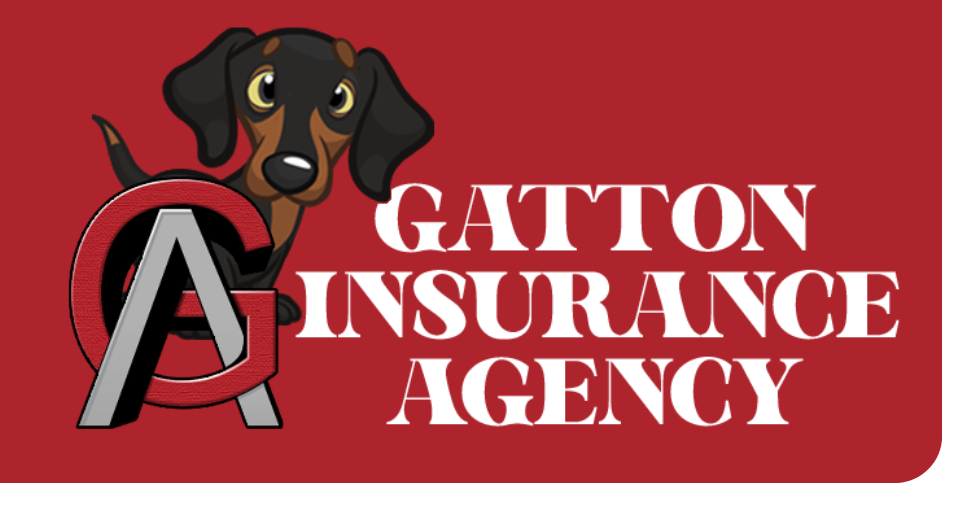Understanding Insurance Coverage Denials
Insurance coverage denials occur when a claim made by a policyholder is not approved by the insurance company. This situation can be bewildering, particularly when individuals rely on their policy for financial protection and peace of mind. In the state of Indiana, various factors can contribute to insurance coverage denials, and understanding these reasons is essential for all policyholders.
One common reason for insurance denial is the existence of policy exclusions. These exclusions are specific conditions or circumstances outlined in the insurance policy that the insurer will not cover. For example, typical homeowners and auto insurance policies often have exclusions related to wear and tear or intentional damage. Therefore, it is crucial for residents of Indiana to thoroughly review their coverage and familiarize themselves with any exclusions that may apply to their policies.
Claims filing errors also frequently lead to denials. A minor mistake, such as an incorrect date or missing information, can result in the rejection of a claim. To avoid such issues, policyholders should ensure that they submit complete and accurate documentation when filing claims. Additionally, it is beneficial to keep a record of all communications with the insurance provider and to adhere strictly to the timelines stipulated in the policy for filing claims.
Furthermore, a lack of necessary documentation can hinder the approval process for insurance claims. Insurers often require specific documents to substantiate a claim, including photographs of the damage, police reports for auto accidents, and medical records. Policyholders in Indiana must be aware of the information needed to support their claims effectively.
Ultimately, understanding the intricacies of insurance coverage and the grounds for potential denial is vital for policyholders in Indiana. Knowing one’s rights can empower individuals to navigate the complexities of the insurance world with confidence and take appropriate action if their claims are unjustly denied.
The Appeals Process in Indiana
When faced with a denial of insurance coverage in Indiana, understanding the appeals process is crucial for policyholders seeking to challenge the decision of their insurance provider. The first step in this process involves gathering all necessary documentation related to the insurance claim. This may include the original claim forms, any correspondence from the insurance company, and relevant medical records or evidence that supports the claim. Having a comprehensive set of documents will strengthen the appeal and serve as the foundation for your argument.
The next essential component is drafting a clear and concise appeal letter. This letter should clearly state the reasons for the appeal, including specific references to the policy terms and conditions that support your case. It is important to articulate your position logically and provide any additional information that may have been overlooked in the initial claim. The appeal letter should be addressed to the correct department within the insurance company, ensuring it reaches the right hands for an efficient review process.
In Indiana, there are specific timeframes imposed for submitting an appeal, usually outlined in the policy document. Generally, the timeframe for appeal submission is within 30 days from the date of denial. Policyholders must adhere to these deadlines to ensure their appeal will be considered. Once the appeal has been submitted, the insurance company typically has a designated period—often 30 to 60 days—to respond to the appeal. Communication during this phase is essential; maintaining an open dialogue with the insurance provider can often yield additional insights.
The potential outcomes of an appeal can vary. The insurer may uphold its original decision, reverse the denial, or request further information before making a final determination. Understanding these steps is vital for policyholders in Indiana as they navigate the appeals process with The Gatton Agency or any other insurance provider.
Seeking Legal Assistance and Advocacy
When faced with an insurance claim denial in Indiana, the appeals process can often seem daunting and complex. Seeking legal assistance is a prudent step if your appeal is denied or if you encounter difficulties in navigating the intricacies of the process. Hiring a lawyer who specializes in insurance law can provide invaluable support and guidance. These legal professionals are equipped with the knowledge and expertise necessary to challenge unjust decisions made by insurers, including The Gatton Agency, on behalf of their clients. They understand the nuances of state insurance laws and can craft compelling arguments to enhance your chances of a successful outcome.
Moreover, a seasoned attorney in Indiana can help you gather the required documentation, adhere to filing deadlines, and prepare a strong case that addresses the insurer’s concerns. Legal representation can alleviate the stress of dealing directly with insurance companies and help ensure that your rights as a policyholder are protected. The expertise of an attorney not only aids in appealing denials but can also guide you in making informed decisions about whether to pursue legal action if necessary.
In addition to hiring legal counsel, policyholders should consider reaching out to consumer advocacy groups that specialize in supporting individuals facing insurance-related challenges. These organizations can offer resources, support, and advice on your rights and the next steps you can take. They often have networks of legal professionals and can assist in connecting you with qualified attorneys or provide useful insights into your situation. By leveraging these resources, you can bolster your case and work towards a resolution that honors your policy rights and ensures that you receive the coverage you are entitled to. In conclusion, seeking legal assistance and engaging with advocacy groups can significantly improve the chances of overturning an insurance denial in Indiana.
How the Gatton Insurance Agency Can Help
Residents of Indiana who encounter challenges with their insurance coverage often find themselves in a difficult situation, especially when faced with a denial of coverage. In these scenarios, the Gatton Insurance Agency emerges as a vital resource for assistance and support. The agency is well-acquainted with the complexities of insurance policies and the common reasons for denials, enabling their team to provide astute guidance to clients navigating through these challenging times.
The Gatton Insurance Agency offers comprehensive services that begin with a detailed review of insurance policies. This review process is crucial as it identifies any discrepancies or potential grounds for appeal that may exist within the policy. The agency’s experienced agents take the time to explain policy nuances, ensuring clients have a clear understanding of their coverage and rights. This educational approach empowers clients to make informed decisions moving forward.
In addition to policy review, the Gatton Insurance Agency assists clients in the appeal process. Denials can often be overturned, but the steps to do so can be intricate and daunting. The agency provides invaluable support by facilitating the preparation and submission of appeal documents, ensuring compliance with all necessary regulations. They also keep clients informed throughout the process, promoting transparency and reducing the stress associated with appeals.
Furthermore, should clients require legal representation, the Gatton Insurance Agency has established connections with legal experts well-versed in insurance law. This network allows them to refer clients to skilled attorneys, ensuring that individuals have access to the legal resources they may need to advocate for their rights effectively. The Gatton Insurance Agency is unwavering in its commitment to supporting clients, ensuring that everyone in Indiana receives fair treatment in the often complicated landscape of insurance. Their holistic approach not only addresses immediate concerns but also fosters a long-term partnership aimed at securing the best possible insurance outcomes for individuals and families.






